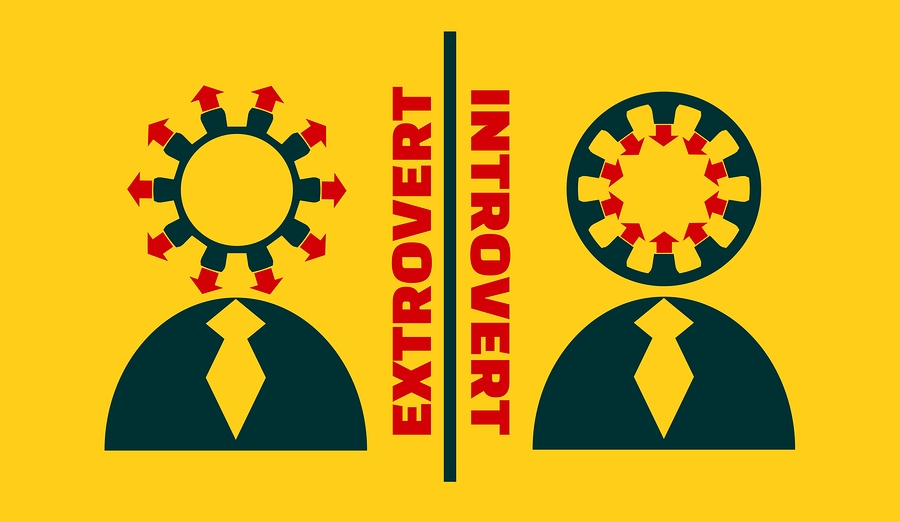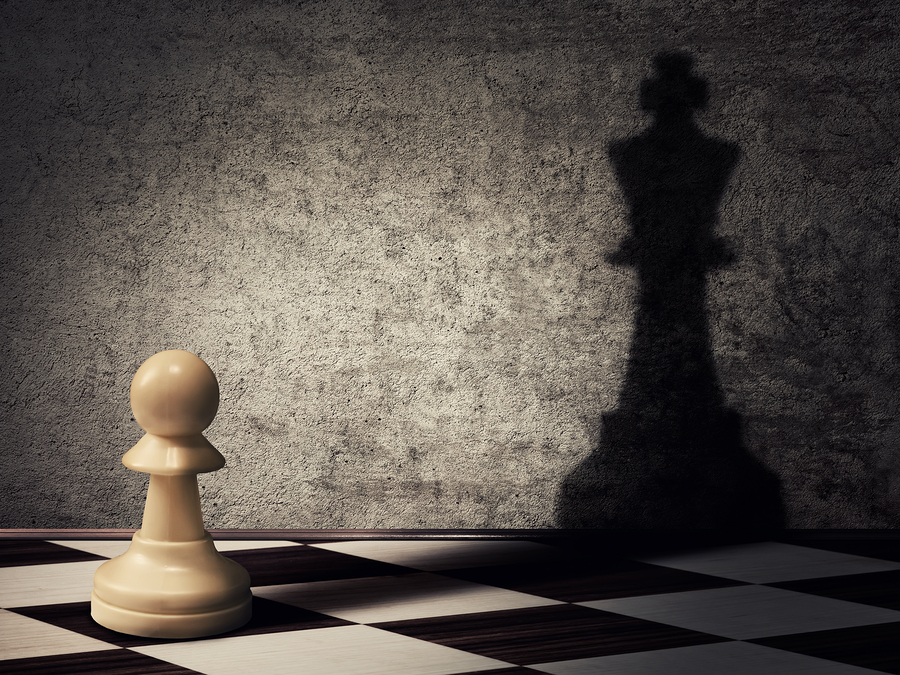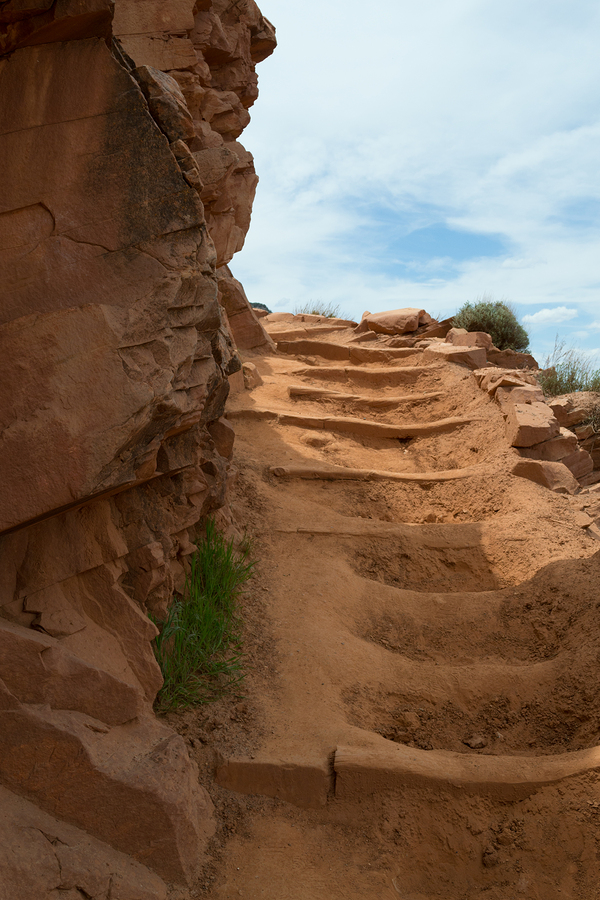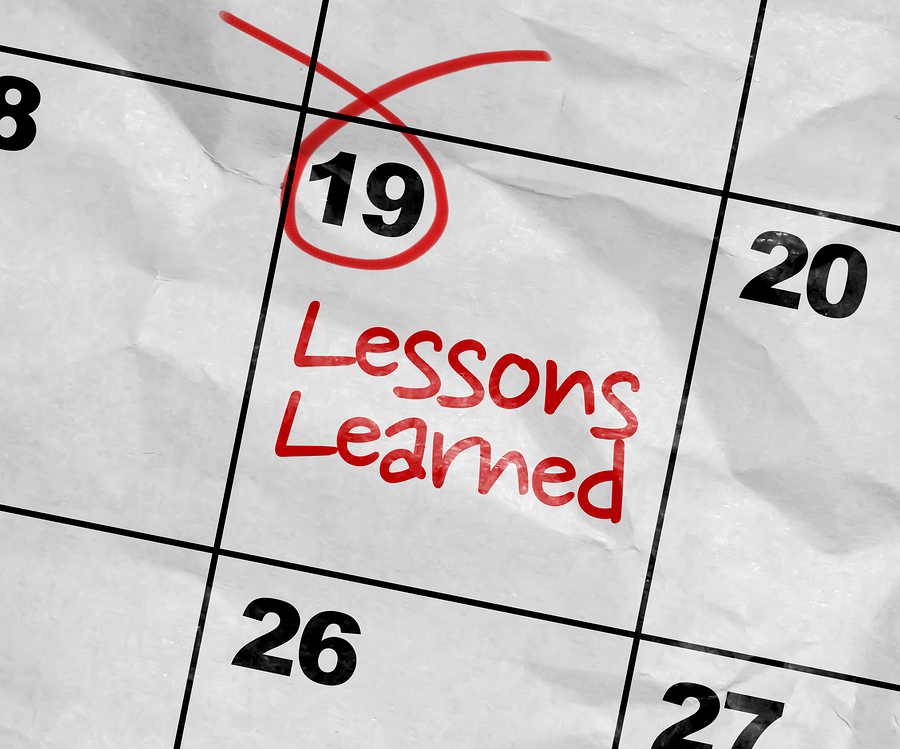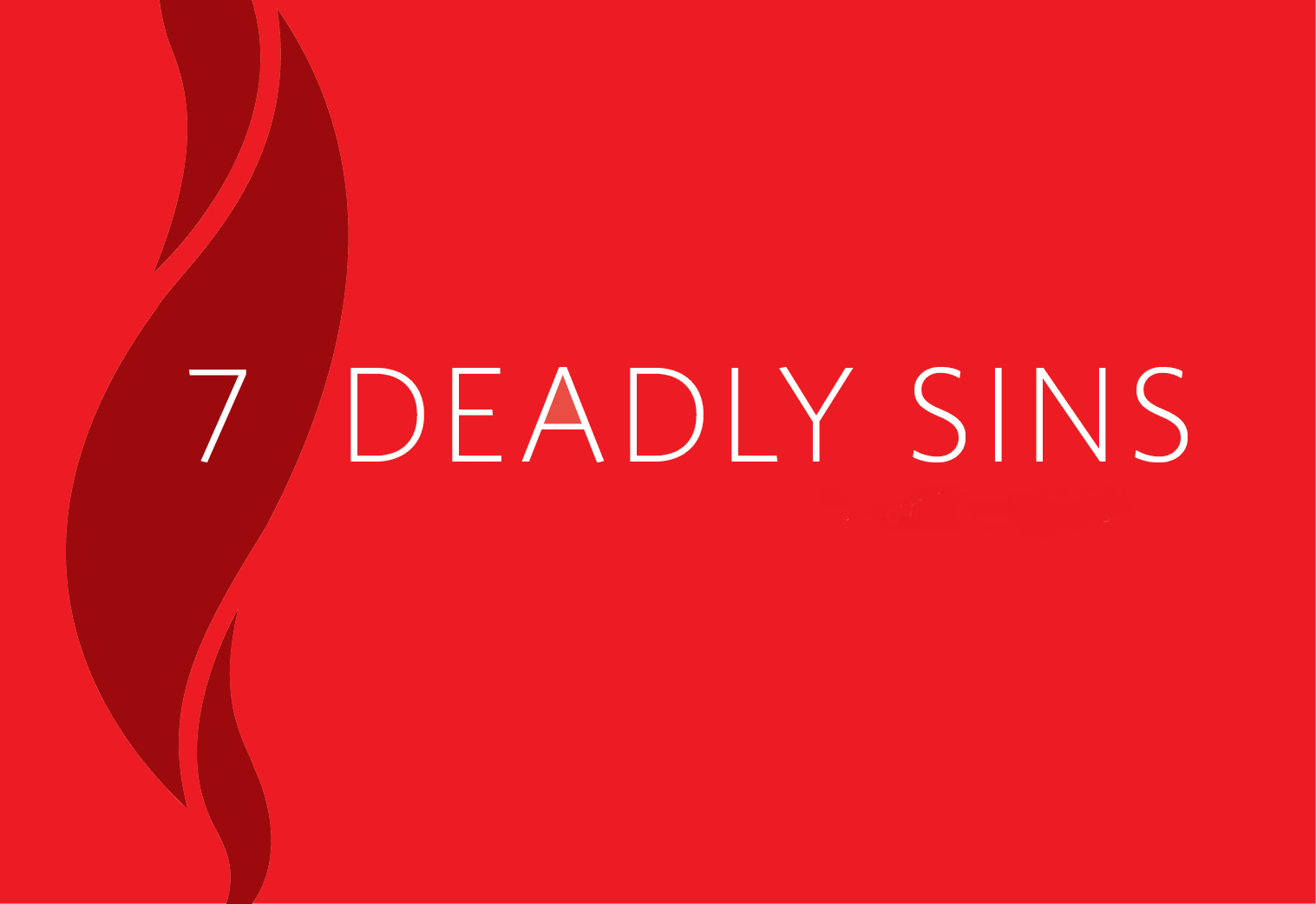Since we looked at the introverted writer last week it is only appropriate that we address the extroverted writer.
Before we go further it is important to understand the intrinsic weakness of any label. People are much more complex then introvert or extrovert. At the same time such labels can help us understand each other’s inclinations and limitations.
Extroverted can mean many things. Outgoing. Socializing. Gregarious. Friendly. Hearty. Exuberant. Effervescent. Bubbly. Life-of-the-Party. We’ve all met or observed the extrovert. There are probably a few in your workplace, school, church, or family.
When it comes to the writer the general thought is the writing experience is isolated and insular, If so, then how does an extrovert thrive?
A few observations I’ve made working with authors who could be called extroverted. First a couple challenges they face.
Focus
Focus can be a problem for any writer. However, if they gather energy from being around other people or from interaction in social media, then distractions are a daily diet. One writer admitted that they can’t write while alone. They have to go to a place where there are people around, like a coffee shop.
The Idea Machine
Another drawback is becoming bored with the project at-hand or under contract. The danger is chasing the next new shiny idea. They can become an idea machine. This might work okay if the writer can finish all their ideas. But whether the market can absorb twelve new books from them in one year is another issue entirely.
Realize this is a challenge for any highly creative person, introvert or extrovert.
Competitive Spirit
A little competition can be a good thing. It can motivate you to work harder and strive to excel. But if it starts to become envy or anger or even frustration it is not a good thing. I’ve seen the green envy monster devour people. It doesn’t just happen to extroverts, but if one becomes accustomed to being in the spotlight and suddenly the attention goes elsewhere it can be a problem.
Let’s look at some positive things.
A People Person
The fearless freedom to talk to people is a great thing for the extrovert. Will Rogers said, “A stranger is a friend I haven’t met yet.” Interviewing for research can be fun. One writer used to take a recorder wherever he went. He’d hear someone tell a story and knew it would be a great anecdote in an article or a scene in a book. He would record the interview, get permission for its use, and then file it for later.
Energy
It is a generalization, but it seems like the extrovert has boundless energy, like Tigger in the Winnie-the-Pooh stories. That doesn’t mean they are “bouncy” all the time. In fact I’ve met “reserved extroverts.” Their energy is coiled but constant, like a nuclear plant.
Different But the Same
Are you a magnet for conversation or an observer of conversation? Are you outgoing or quiet? No matter how you label each other or yourself, in the end you are a writer. You are a writer who is uniquely you. Find what works for you and dig in. You are in the business of changing the world with your words.
Your Turn:
What other aspects of being extroverted can be added?
(By the way, a tip-of-the-hat to agent Amanda Luedeke’s book The Extroverted Writer: An Author’s Guide to Marketing and Building a Platform.)


